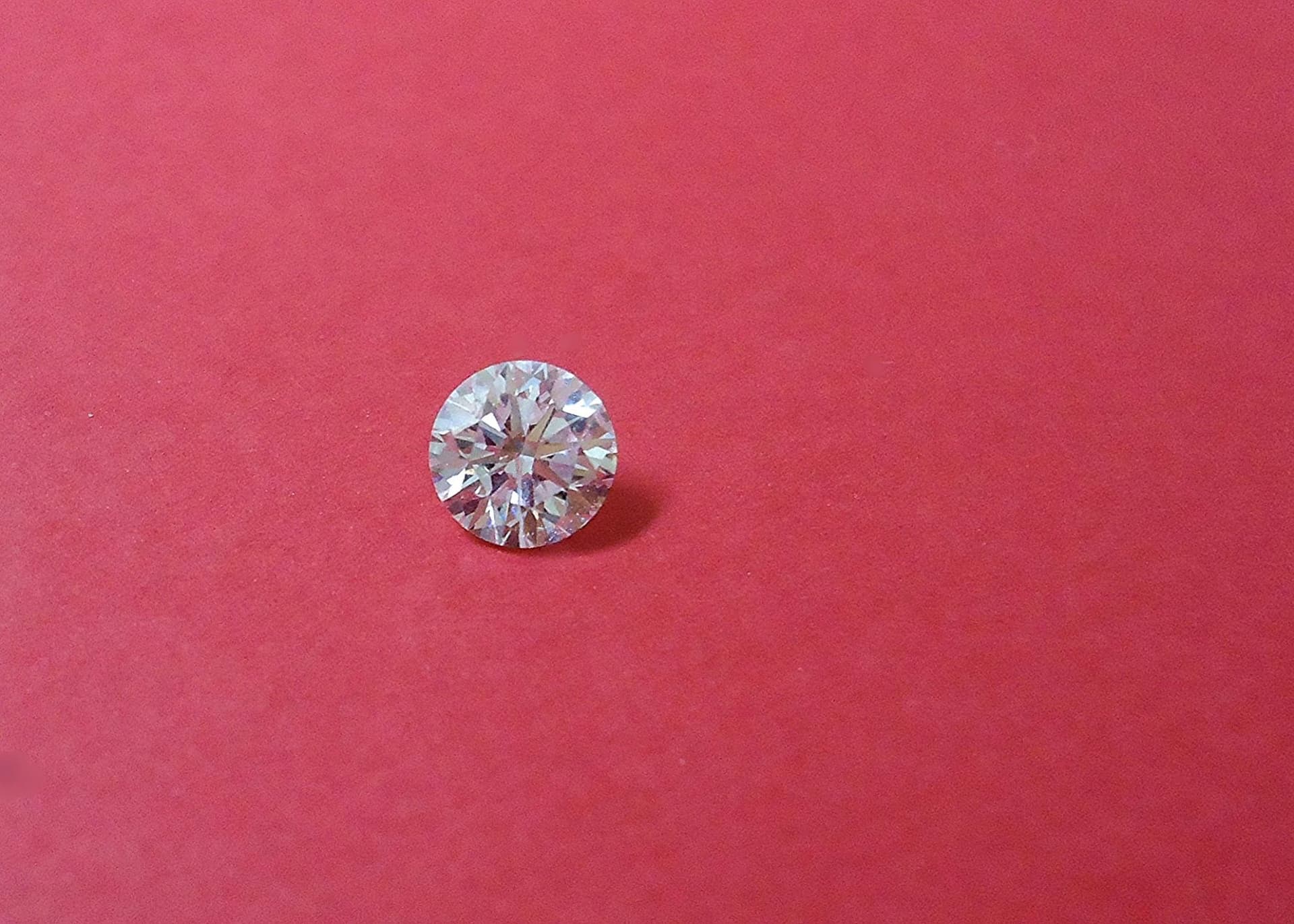IGS Certification Exam: Sample Gemology Questions
What does it take to become a professional gemologist? Try these sample gemology questions from the International Gem Society certification exam.
1 Minute Read
The first step students will face in the International Gem Society (IGS) certification process is passing three 100-question written tests. All the questions are based on the materials in the IGS Learning Center.
What's The Test Like?
The following sample gemology questions from the IGS certification exam should give you a sense of the scope of these tests. They'll cover gemstone formation, properties of specific gems, gem identification, and testing, as well as faceting, grading, and appraising. If you've studied the material and think you're ready, see how many you can answer correctly. Every answer has a brief explanation and/or links to the specific articles that cover the topic. If you're interested in starting the self-study program or just curious about gemology, check out the questions and answers and see what it's all about.
IGS Certification Exam: Ten Sample Gemology Questions
1. If you found a GGG in a diamond band, the GGG would be classed as:
- An imitation
- A homocreate
- Both
- Neither
2. If an opal showed only blue color that was very bright, had a good cut, was only slightly directional, and had no imperfections on the top, it would be graded as:
- Below commercial value
- Commercial
- Good
- Fine
- Extra fine
3. Hydrothermal grown refers to:
- A natural process
- Laboratory grown gems
- Both
4. Brilliant faceting is determined by:
- Optical performance
- Triangular and kite shaped facets
- Dispersion
- All the above
- None of the above
5. HPHT treatments to improve color are done on which type of diamond:
- Type Ia
- Type Ib
- Type IIa
- Type IIb
6. Demantoid is a species of garnet.
- True
- False
7. Hardness is a clear determination of how well a gem will wear.
- True
- False
8. All mineral species have a different chemical composition.
- True
- False
9. Cameos are made from both plastic and sea shells. They can be distinguished by:
- RI
- Hot point testing
- Optic sign
- Birefringence
- Specific gravity
10. Color change is defined as the difference between what is seen in incandescent and fluorescent light.
- True
- False
Ready to move on?
International Gem Society
Related Articles
Opal Jewelry Tips
Understanding Gem Synthetics, Treatments, And Imitations, Part 4: Synthetic Gemstone Guide
Top Spots for Gem Hunting in the US
How to Clean Your Gemstone Jewelry
Never Stop Learning
When you join the IGS community, you get trusted diamond & gemstone information when you need it.
Get Gemology Insights
Get started with the International Gem Society’s free guide to gemstone identification. Join our weekly newsletter & get a free copy of the Gem ID Checklist!
